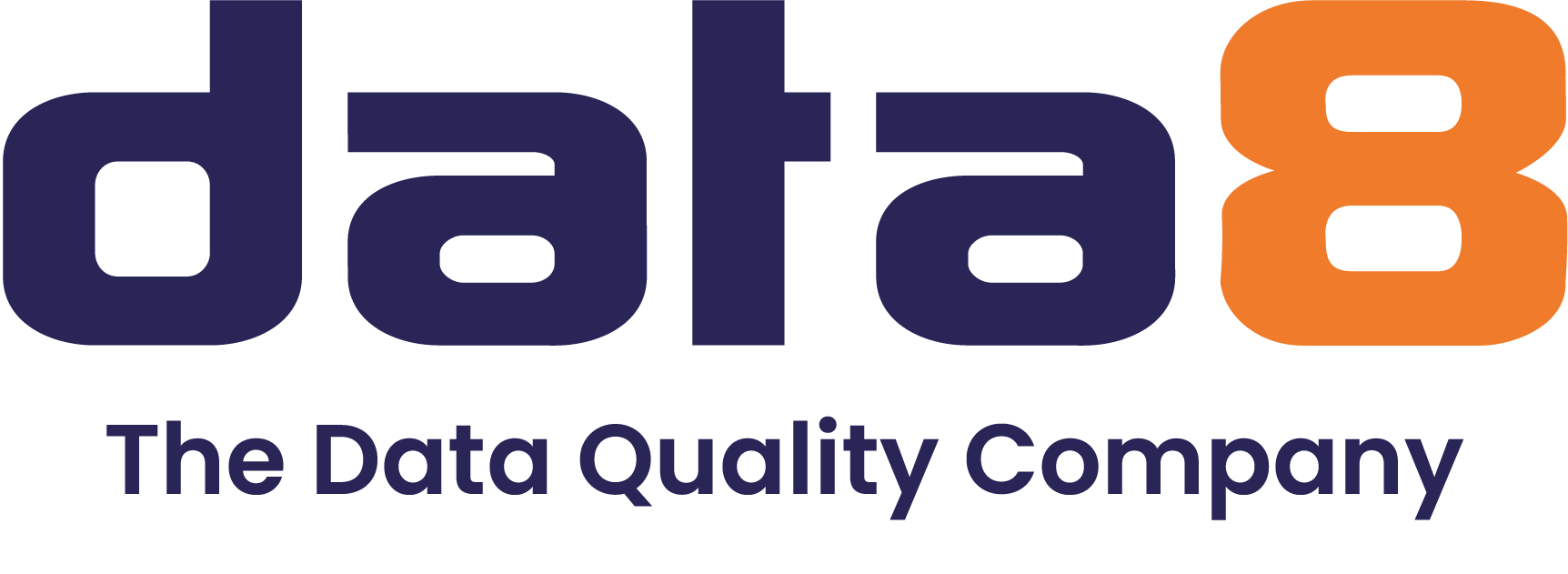Home » Data Sources » British Suppression File (BSF)
The Business Suppression File (BSF)
The Business Suppression File (BSF) is a database of business records, which includes Company Name, Company Address and Status of Company. Identifying & removing businesses that are outdated or obsolete, due to closures, mergers, relocations, or director resignations to minimise wasted resources on contacting inactive businesses.
As of April 2025, the BSF contains approximately over 1.5 million records. Regularly cleansing your business contact lists against the BSF is essential for maintaining data accuracy and improving campaign effectiveness by removing defunct or inactive business records.
Introduction
What it is:
The Business Suppression File (BSF) is a complete database of business records that have become outdated or obsolete due to various reasons such as closures, mergers, relocations, or director resignations. The BSF helps companies to identify and suppress records of companies that are no longer trading which helps minimise wasting resources on contacting non-existent or inactive businesses, making sure that marketing efforts are directed towards valid, operational businesses. This file is an essential tool for ensuring the accuracy and effectiveness of any business contact lists by removing defunct or inactive business records.
The specific data available within the BSF file typically includes:
Company Name: The legal name of the business that is no longer active.
Company Address: The last known physical address of the business.
Status of the Company: Information about why the company is included in the file. This may include reasons such as:
- Closure: The business has ceased operations.
- Merger: The business has merged with another entity.
- Insolvency: The business is no longer solvent and may be undergoing bankruptcy or liquidation processes.
- Relocation: The business has moved to a new address.
- Director Resignations: Key individuals such as directors have resigned, affecting the company’s status.
Legal Compliance
Relevant Regulations:
The BSF helps businesses comply with regulations such as the General Data Protection Regulation (GDPR) by preventing the use of outdated or incorrect business data.
Compliance Benefits:
By utilising the BSF, companies can avoid potential fines and legal issues associated to keeping outdated or incorrect data, while enhancing their brand reputation by maintaining up to date and reliable contact lists.
Benefits for Businesses
Operational Benefits:
The BSF improves data accuracy by identifying and suppressing inactive or defunct business records. This helps streamline marketing and sales efforts.
Reputational Benefits:
Ensuring business contact lists are accurate means that communications are directed to active businesses, preserving a company’s professional image and credibility.
Financial Benefits:
By removing the costs associated with communicating to non-existent companies and improving the effectiveness of campaigns, companies can achieve a higher ROI and reduce operational costs.
Data Collection
Sources of Information:
The primary supplier of the BSF data is Experian but the data is provided by several reputable data suppliers. This multi-source approach ensures the database is robust and up to date. The BSF data is collected from various reputable sources, including government records, credit reference agencies, and other reliable data providers including Dun & Bradstreet, Thomson, Companies House, Experian, Yell and The Ark.
Data Accuracy and Updates:
The BSF data is updated regularly, typically weekly, to ensure the data available is accurate and relevant. All information is promptly processed and added to the database, providing companies with the most up to date information available.
Application and Usage
Use Cases:
Businesses utilise the BSF file to cleanse their marketing and contact lists, so they do not waste resources on contacting defunct companies. This is vital for B2B marketing and sales campaigns.
Implementation:
Companies can integrate the BSF data into their CRM systems or use it as part of their data cleansing services to routinely check and update their contact lists. This helps maintain the quality and effectiveness of business communications.
